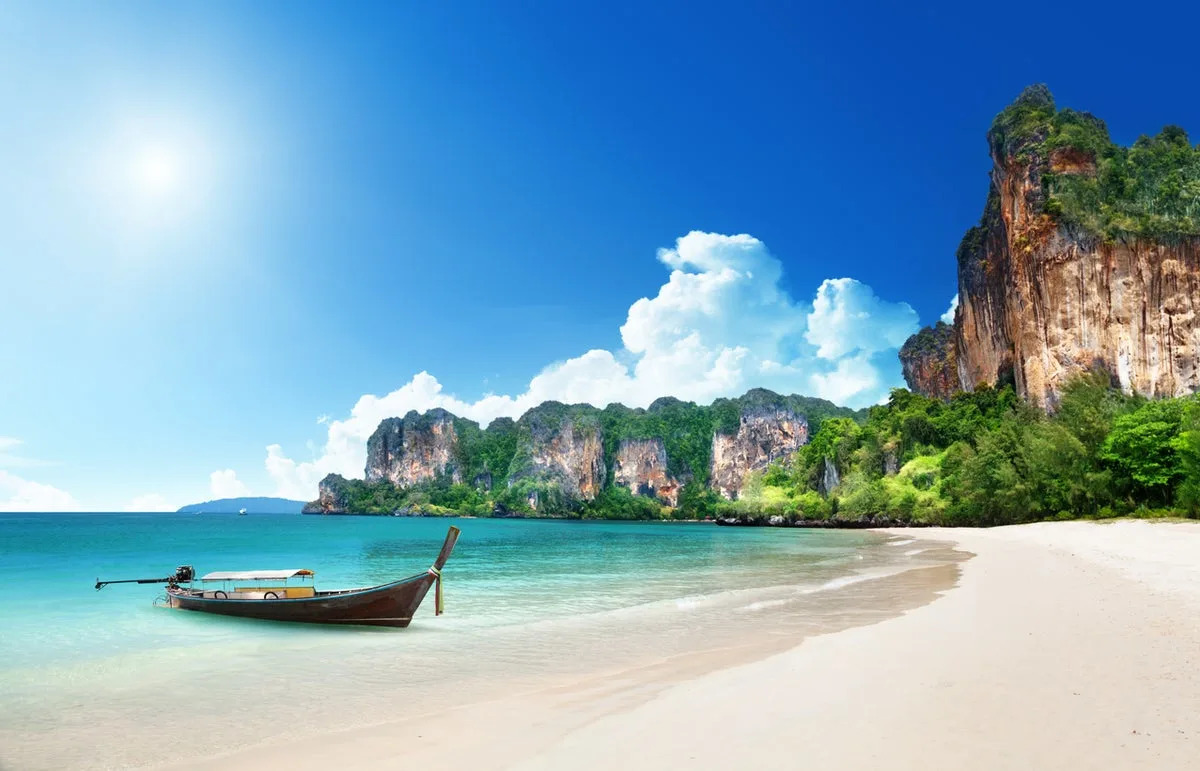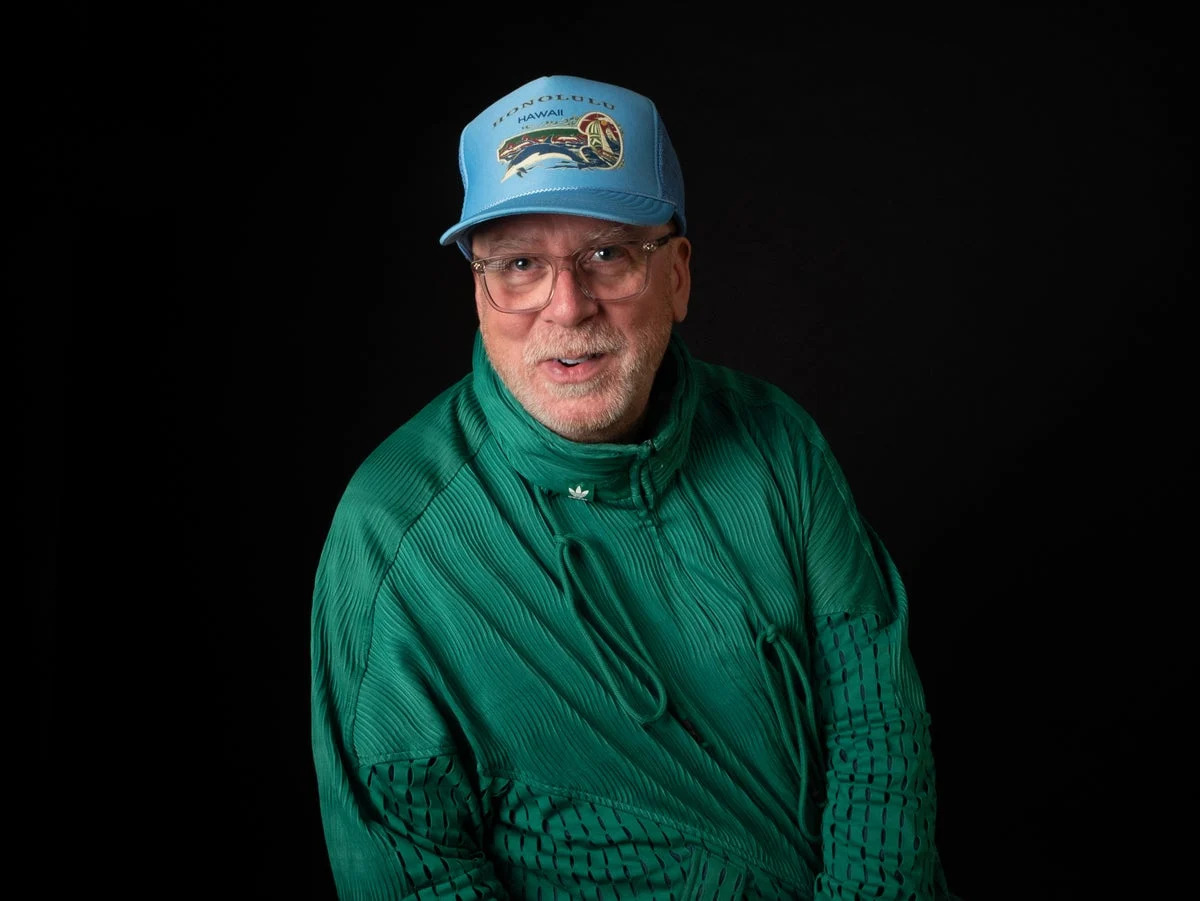In a recent interview with the Sunday Observer, Dilith Jayaweera, leader of the Mawbima Janatha Party (MJP) and the ‘Sarvajana Balaya’ Alliance, laid out his vision for the future of Sri Lanka, targeting the significant portion of the electorate that remains undecided. With more than 40 percent of the votes up for grabs, Jayaweera is betting on this floating vote to carve out his place in the political arena. Known for his outspoken support for former President Gotabaya Rajapaksa, Jayaweera now presents himself as a candidate with a difference who brings fresh ideas and claims to be an experienced manager for a systemic change.
Q: You were a fierce advocate for former President Gotabaya Rajapaksa last time. You judged him the most suitable candidate for the presidency, then. Why would people trust your judgment this time, as history suggests otherwise? A: My judgment of him was based on a few factors.

I knew him as an efficient manager because I met him during the war. At the start of the war , we broke off the campaign “Api Wenuwen Api” to motivate the Sri Lankan people and the tri forces, and with that, I had a close connection with him. During that time, he managed all the resources very effectively, which gave me confidence in the first place.
Secondly, when he was the Secretary of the Ministry of Defence and Urban Development, he added much aesthetic value to this nation, which I had never seen in post-independence Sri Lanka. Colombo did not have pavements or proper street boards; it was like a real third-world city. He was also very transparent and honest in his work, and many things were done with the military’s involvement.
Therefore, I had so much confidence in him. In that sense, up to date, I do not think my judgment was wrong. So much so that I never anticipated that there would be a force against him coming from the family itself.
I had no idea that Basil and Namal would take drastic steps to get rid of his uncle or the brother. Where Gotabaya went wrong was when he tried to do things out of the then-existing system, and these people rebelled against it. That made Gotabaya weak; he didn’t have a political party per se, he didn’t have political support, and he didn’t have the Parliament’s support.
As a result, he didn’t have the support of the Cabinet, and the family was powerful; this man is a genuine human being, so he also didn’t know how to react to that, so those with those things I made a mistake; it’s a misjudgment from my end. This is, in fact, why I am motivated to come and contest myself; all this while, we had faith in other people. Now, I have formed my own party, I have my own political network across the country, and I have the youth around me who are self-motivated to work with me.
I have a stronger network than the conventional parties. I cover almost 14,000 GS divisions directly, and recently, I have invited like-minded political parties to join us, so we are very strong now. Q: Do you believe that one person can bring about a system change in our country? A: One person cannot, but one person can give leadership.
This is exactly how I differentiate myself from other candidates. I don’t expect you to vote for Dilith Jayaweera. I expect them to have faith in Dilith Jayaweera as a leader who can give life to a strategic plan that we have presented to the people.
So we are asking for a vote on that strategic plan, which will change your life immediately with the concepts we are presenting and the projects we are talking about and that will bring in a change. Q: So, do you think people around you, like Wimal Weerawansa and Udaya Gammanpila, who are less popular among the masses right now, can get together for this change? A: I wonder whether it is fair to say they are less popular because they have the highest votes and have come to Parliament. They have yet to test their popularity since then.
So, to date, they can’t be considered as being rejected, rejected by Rajapaksa’s for sure because they were chased out when they pointed out those issues. But it does not mean that the people have rejected them. I am asking for a mandate from the people to make me the President to implement this plan so after that will come after that only if there will be a general elections.
There are eleven parties around me, like the Sri Lanka Communist Party and the Sri Lanka Democratic Socialist Party. These parties bring about some sanity in terms of honesty. Q: Racism was a huge slogan during Gotabaya’s Presidential campaign.
But now you have changed your stance? A: No, I never advocated racism. But right through my university days, I advocated for nationalism. Nationalism and racism are poles apart.
All the developed countries in the world believe in their nationalistic values. So it is a misinterpretation, and you see it as racism. I do admit the fact that some politicians, irrespective of their race, have resorted to borderline racist interpretations.
Racism is talking about superiority over another race. So, I don’t propagate that. I have always said that the nationalism of Sri Lanka is based on the civilisation of Sri Lanka.
I still stand for that, and also, this is a beautiful nation where we have a predominant religious influence from Buddhism, and Buddhism as a religion or a philosophy does not propagate any such things. Q: What sets you apart from the other leading candidates? They all have more political experience than you. A: The very thing that you are saying is that I’m not a traditional politician.
So that is the cry of the youth; they reject the 225 and the existing political parties. Therefore, I go with the aspirations of the youth. I bring in quite a lot of modernity to my narrative and logic behind that, and philosophy, so I am not a candidate coming to politics expecting any benefits out of the system.
I am content with my materialistic achievements in life. So, in that sense also, I am different. Fundamentally different is that I am a massive taxpayer.
So, all the others depend on the taxpayers. They don’t pay taxes, but they spend better lives than all of us. Most of them do not have tax files.
I am a product of free education; therefore, I owe to this country. Q: Polling data from several sources show that SP, AKD, and RW are the leading candidates. Others are a distant fourth.
Are you positioning yourself to run for election in 2029? A: 2029 – Depending on the results, obviously. However, all these polling data and research do not talk about the floating votes. The floating vote is more than 40 percent this time.
So, 40 percent is my target. So, if I can successfully get that 40 percent, I will get a bigger chunk of the pie. Q: What would be your signature projects if you were to be elected? A: I have been saying for almost nine months that we will implement our strategic plan.
First of all, we talk about the attitudinal change in terms of this country’s human capital. That is, bringing entrepreneurial minds to the nation. Months into my Presidency, we will be conducting mass-scale campaigning to change people’s attitudes and put them on a more positive platform.
We will take them out of this negative territory, thereby converting them to be more productive at work and as entrepreneurs. Secondly, my cry has been right through: Sri Lanka needs a system. The system in fact is, to put it in practical terms, it means that we must digitalise this whole Government.
We need to introduce this unique ID immediately, which other countries and developed countries have done. Why are we still a third-world country? We don’t have a system. So, bringing in this unique ID will stop corruption immediately, streamline the country’s taxation, and create a very justifiable and equitable tax system.
The Government fiscal situation will improve, plus your lives will become very easy because you don’t have to go from one place to another for documentation. As a result, the Government service will be very efficient, and there will be fewer opportunities for error. So my master project is the unique ID.
Q: You’ve proposed a centralised strategic national framework to be established. What sort of framework would it be, and how would it function? A: Traditionally, we have been working on this system of having a Cabinet of Ministers and thereby implementing the projects or whatever the ideas are. So they are not interwoven together.
So, one Minister does something without realising that that decision has a major impact on something else. For example, the Education Minister has yet to learn of the country’s foreign employment requirement. The Health Minister has no idea of the cost of a health policy or the implementation, so the Finance Ministry gets in trouble.
So if you have one strategic planning agency, every project should come to one place and be evaluated on the basis of how it could impact one another. Q: As a Presidential candidate, if someone asked you what inspires you to love and lead Sri Lanka, what would you say? A: The natural answer is that I am Sri Lankan. I have travelled to over 100 countries, and I can confidently say that Sri Lanka holds a unique place globally.
Its location, its people, and its rich historical civilisation make it a truly special country. As a beautiful island, Sri Lanka is blessed with natural resources that are unparalleled; there’s no other place quite like it. Moreover, the people of Sri Lanka, shaped by a deep-rooted civilisation, are part of closely-knit communities that value the concept of family.
For these reasons, I love Sri Lanka deeply. I can’t imagine living anywhere else, even in the most challenging of circumstances..



















